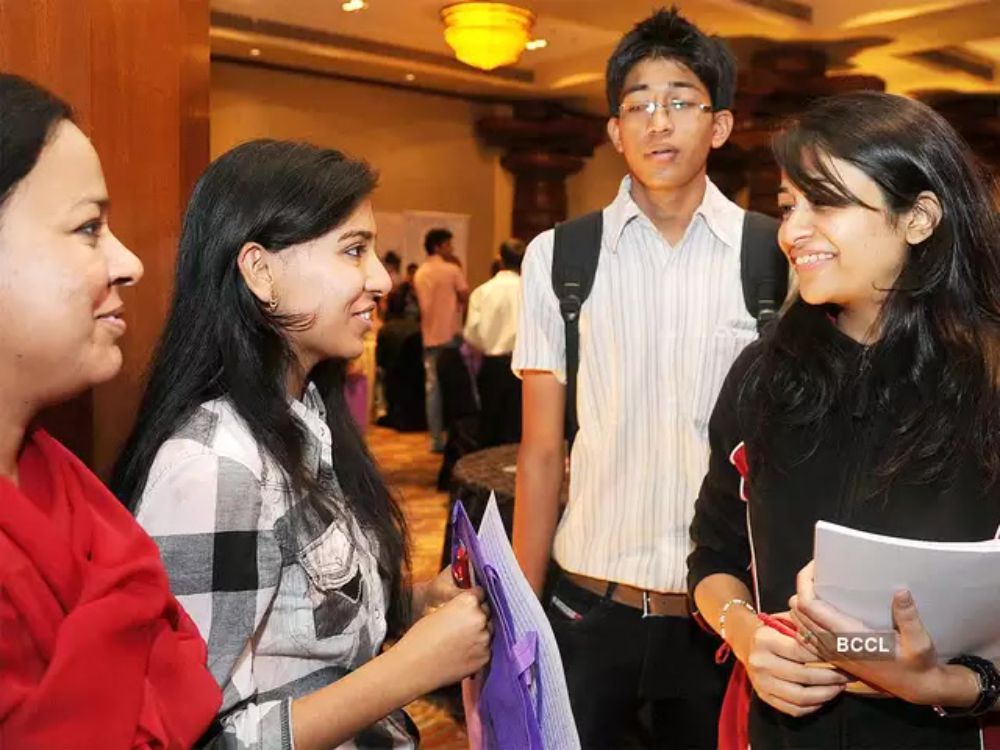Canada has recently introduced a comprehensive plan to regulate the influx of international students into the country. According to the Immigration, Refugees, and Citizenship Canada (IRCC), the approved study permits for 2024 will be capped at approximately 360,000, marking a notable 35% decrease from the previous year. This initiative is designed to address the unsustainable growth of the international student population, with caps strategically weighted by population and leading to significant reductions in provinces experiencing the most rapid expansion.

The imposed caps, however, will not affect current study permit holders or those seeking permit renewals. It’s crucial to note that these restrictions exclude individuals pursuing master’s and doctoral degrees. The IRCC has outlined that each study permit application submitted will require an attestation letter from a province or territory (PT), reinforcing the commitment to streamlined immigration processes. The caps are set to be reassessed in 2025, allowing for adjustments based on evolving needs and circumstances.
Changes to Post Graduation Work Permit Eligibility
In addition to study permit adjustments, the IRCC has also implemented changes to the eligibility criteria for the Post Graduation Work Permit (PGWP). Effective September 2024, international students embarking on study programs integrated into a curriculum licensing arrangement will no longer be eligible for the PGWP.

The curriculum licensing agreements involve students physically attending a private college licensed to teach the curriculum of an associated public college. Although these programs have attracted international students, the IRCC deems them as a loophole due to their comparatively lower oversight than public colleges.

Furthermore, the IRCC has announced a positive change for international students who graduate from master’s programs or other short graduate-level programs. These individuals will now be able to apply for a 3-year work permit, addressing a previous limitation that tied the length of the PGWP to the duration of the study program.
Impact on Spouses and Overall International Student Numbers
Beyond these changes, the IRCC has specified alterations in open work permit availability. Spouses of international students enrolled in master’s and doctoral programs will still have access to open work permits. However, spouses of international students in other study levels, including undergraduate and college programs, will no longer be eligible.

These measures come at a time when Canada has experienced a substantial increase in international student enrollment. With over 800,000 international students in 2022 and projections hinting at a potential surge to over 900,000 in 2023, these regulatory adjustments aim to ensure sustainable growth and maintain the integrity of the Canadian education system. The changes in study permit caps, PGWP eligibility, and spousal work permits collectively reflect Canada’s commitment to balancing immigration policies and supporting the diverse needs of international students.
